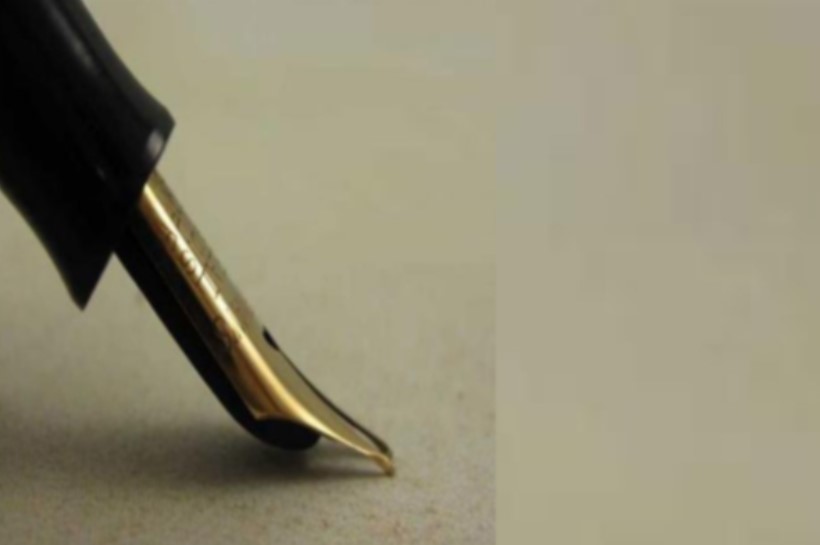
The practice of judges breaking their pens after sentencing someone to death has garnered attention and sparked curiosity among people.
A recent post clarified the symbolic reason behind this act.

Breaking pens after handing down a death sentence is not mandated by law anywhere.
However, judges from different countries have chosen to adopt this practice.
One country where this tradition has been practiced since the early 16th century is India.
The tradition of breaking pens after a death sentence can be traced back to the Mughal era in India.
During this period, the Mughal Emperor would break the quill used for signing off on death sentences.

Over time, British judges in colonial India adopted this practice, which continued even after India gained independence.
Initially, they would break the feather pen that was used to sign death sentences.
But as time passed, it changed to breaking the tip of a regular pen.
Firstly, breaking the pen after a death sentence is a way for the judge to show that the decision is final and very serious.
It emphasizes that once the sentence is given, it cannot be changed or reversed.

This act gives everyone involved, including friends and family, a chance to understand how serious the situation is and reflect upon it.
Breaking the tip of the pen also symbolizes that a pen used to sign a death sentence should only be used for that purpose.
It highlights the importance and significance of the decision.
This idea is connected to the belief that the judge's authority should be treated with respect and not mixed with unrelated matters.

Moreover, breaking the pen is believed to show the emotional weight carried by judges when making such a serious decision.
It represents the heaviness in their hearts as they are compelled to pronounce a harsh sentence that determines someone's destiny.




